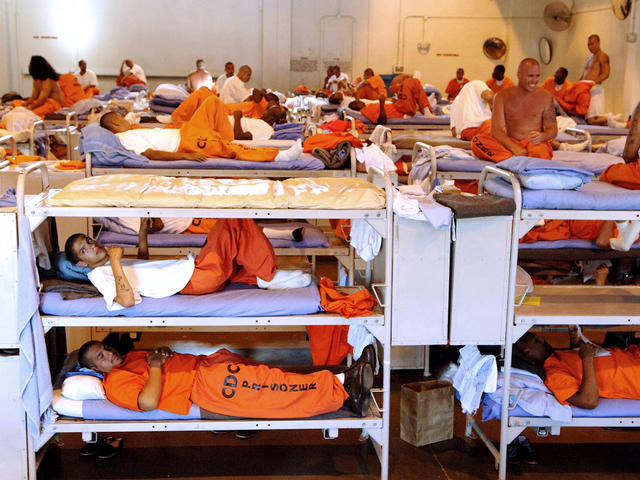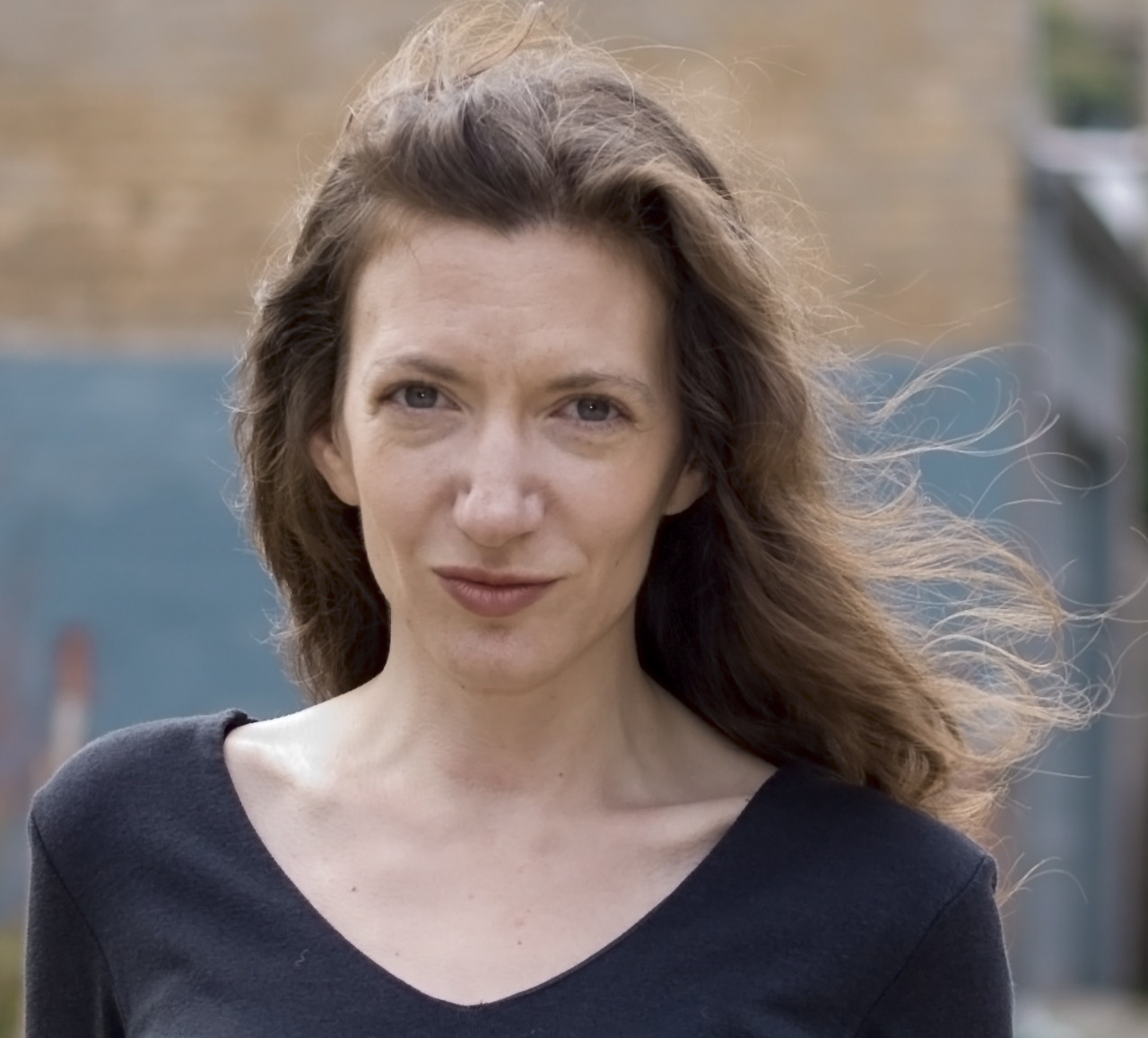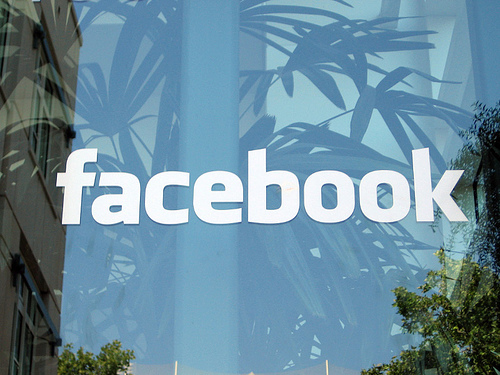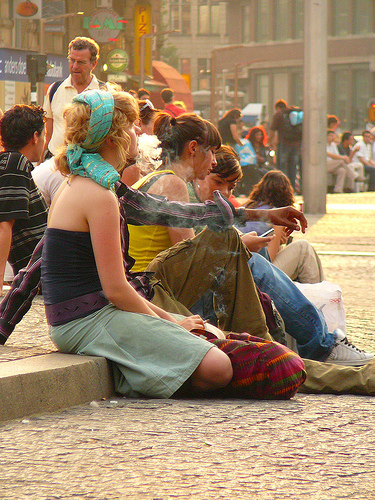We all need escapes from the insidious world of illness. And I’m about to take a big one. I’m headed out to San Francisco on Monday for a Stupid Cancer book reading and then I’m taking a 9-day vacation. No blogging. (I’ll miss y’all!) No writing. No cancer nothing. I love my work and my daily life, and I love getting a break from it too.
Lucky me that my husband has a kagillion frequent flier miles from work. We’ll be spending time in a cabin stowed away by a fire, napping a ton, and reading to our heart’s content. But I haven’t always been this lucky. There have been many times when I’ve been too sick to travel or could not afford it. Instead of the luxury of travel, I’d get crafty spending moments around my house or my city that felt like vacations. Here are some of them:
Sipping tea at Julius Meinl coffee shop. Their free cookies and European service help me forget I’m in Chicago.
Sitting at the Garfield Park Conservatory. They have a huge series of greenhouses smack dab in the middle of the city brimming with ferns, greenery, and ponds. Feels downright tropical and it’s free.
Soaking in a bath. I do this so infrequently that when I make it happen, I feel like I’m living someone else’s life.
Escaping to nature. When I was going through treatment in San Francisco I would find beautiful parks, hills, gardens, hiking trails. Even if I didn’t have the energy to walk, just sitting on a bench in the midst of nature was a total departure from my world. (I’ve yet to figure out how to do this in Chicago.)
Becoming another character. I deeply love reading because it allows me to enter an entirely different world and totally tune out. Some of my favorite books are short story collections by Alice Munro and Jump Lahiri.
How do you get a vacation from your life without spending much money or without traveling far? I’m looking for some intelligent fiction to read on my vacation. Any recommendations?
![]()
![]()







 “Everything Changes is, without doubt, the most forthright, emotionally sophisticated, and plain-old valuable book of its kind I've seen.”
“Everything Changes is, without doubt, the most forthright, emotionally sophisticated, and plain-old valuable book of its kind I've seen.”












